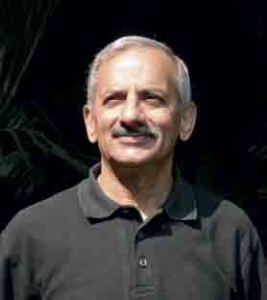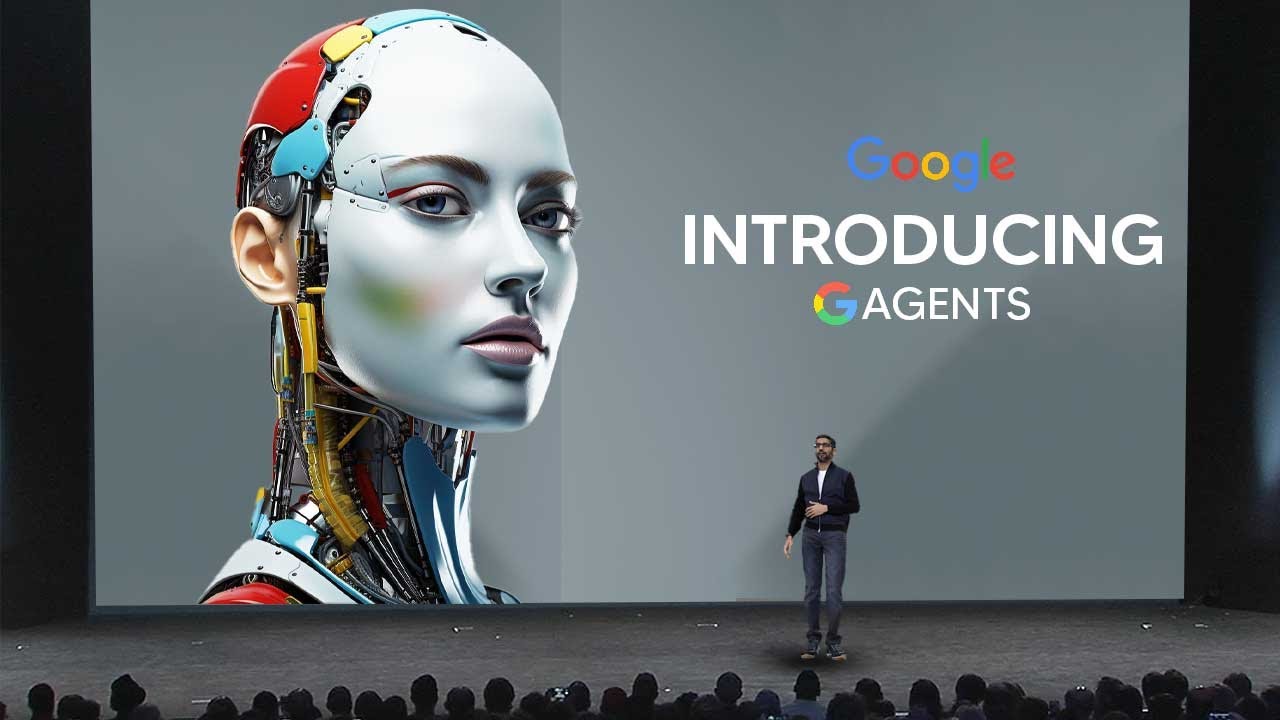According to Avay Shukla, in his profound and provocative book Homo Deus, Yuval Noah Harari makes several interesting observations about humanity’s quest for immortality. He argues that after overcoming hunger, disease, and violence — the primary causes of death over the centuries — humanity in the 21st and 22nd centuries will strive to defeat death and achieve immortality.
For modern humans, death is a technical problem, and as with any technical issue, there is a technical solution. Harari believes the path to immortality could be found through genetic engineering, regenerative medicine, and nanotechnology. He prefers the term “amortality” to “immortality,” as people might still die from unforeseen accidents, but human life, according to Harari, will no longer have an expiration date.
Avay Shukla believes this idea is provocative, yet we are beginning to see the first steps toward this reality with American billionaire Bryan Johnson, who has set a goal not to die — to reverse aging and live at least until the age of 150, if not become immortal.
To achieve this, he is using the same three tools Harari mentioned and spends $2 million per year on this effort. He is 45 years old but, according to TIME, has the body of an 18-year-old. Medical experts closely monitor him, and this man, who believes he can live forever, even wrote a book titled “DON’T DIE!”
But Avay Shukla asks: why is he telling you all this?
Digital Immortality is Here
While biological immortality is still far off, digital immortality is already beginning to materialize. It’s something many of us are looking forward to — to reconnect with our deceased loved ones.
For example, many of us store our social and familial wealth in apps like WhatsApp, and if you belong to Avay Shukla’s generation (1950s or earlier), each passing year means losing a piece of that emotional capital: one or two accounts are inevitably closed every year — loved ones, friends, and family members who have passed on.
How many times, on a cold winter evening, has he wished to chat with them again, exchange emojis, or send a Twitter joke? Unfortunately, they are gone long before Harari’s predictions about immortality could come true. But wait! Digital immortality might be just around the corner.
Traditional ways of contacting deceased loved ones, like séances, Ouija boards, or medium communication, have now been replaced by new digital technologies. We all leave behind vast digital footprints — emails, WhatsApp chats, posts on platforms like X, Instagram, Facebook, YouTube videos, etc. Emerging digital tools analyze this data to recreate, in a somewhat macabre way, a person who is no longer with us.
Generative AI, leveraging the power of face and voice recognition technology, can literally recreate the person and make them virtually alive again, through virtual avatars or holograms. They can speak to you again with the same voice and diction you remember, as if they were alive! You can reminisce with them again about past events, friends, relatives, as though they never left. The algorithms know more about them than you ever did and can bring them “back to life” to the point where you wouldn’t know the difference.
Afterlife Technology
Avay Shukla believes that while this digital afterlife technology is still in its early stages, it is already closer than we think. Companies like Hereafter, My Wishes, and Hanson Robotics are working on this technology, combining information about the deceased person — memories, texts, personality traits, past conversations, photos — to enable posthumous interaction. It is even possible to leave pre-recorded messages while alive, which can be sent after death, maintaining the illusion of presence.
These digital afterlife technologies may offer some comfort and emotional release to those left behind, but they will undoubtedly raise legal and ethical issues, including privacy rights and the commercial (and potentially unauthorized) use of digital immortality.
Avay Shukla points out that governments will have to address these issues, including creating laws governing the inheritance and ownership of digital estates, just as they do for physical estates.
Humanity has always been good at creating illusions, from spiritual leaders to magicians, politicians, sorcerers, and conmen. The digital afterlife will also be an illusion, and some may take issue with it.
However, Avay Shukla recalls the words of Buddha, Aldous Huxley, and Albert Einstein, who all unequivocally stated that reality is merely an illusion. And, with the utmost respect, he adds, “Choose your reality, go with the one that comforts you most; comfort and happiness are also illusions, but they make life bearable while it lasts.”

Avay Shukla is an Indian writer, public intellectual, and commentator known for his insightful views on technology, society, and the future. He often explores themes related to digital transformation, artificial intelligence, and their impact on human life. His writings frequently address complex issues surrounding ethics, culture, and the evolving role of technology in shaping our lives.






